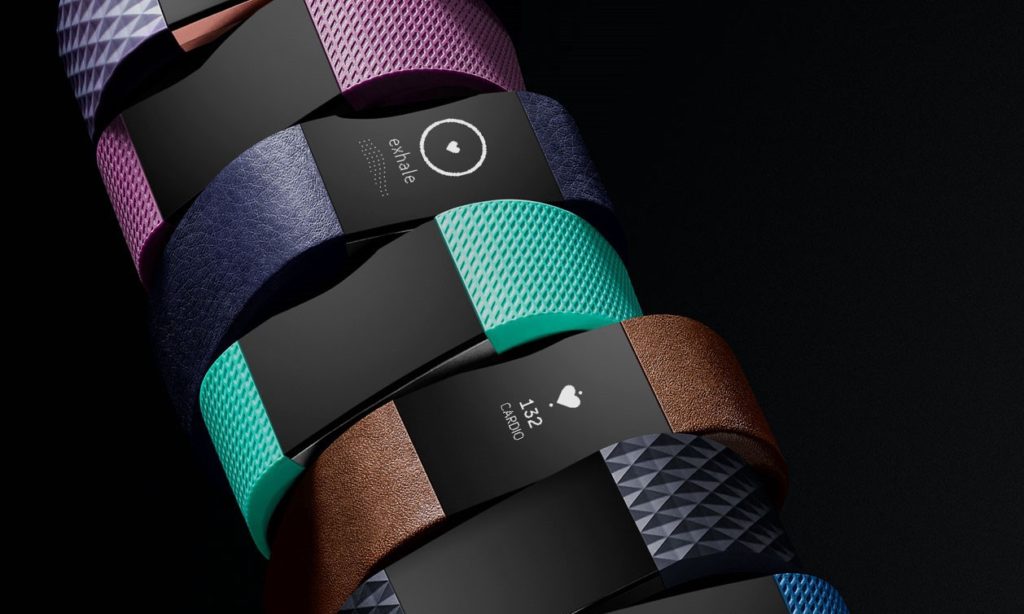The enterprise market might be the new battleground for wearable suppliers, as more organizations start to implement wellness programs for their employees.
Research firm Tractica said 83 percent of tech leaders allow wearable technology at work, and the majority of those firms are looking to embed this tech to the company in some way—usually through a corporate wellness program.
See Also: In a world worn out on wearables, China still likes them
Augmented reality devices are also popular amongst high-end manufacturing firms, which can provide 3D CAD models to assist workers on the factory floor. The augmented reality can also give assistance if a worker is stuck, showing step-by-step guides from experts.
Fitness trackers and smartwatches can double up as authentication in some workplaces, removing the need for a security card. With the addition of NFC, workers will not have to scan the device to be allowed access to a secure location.
Tractica sees the corporate wearable market exploding in the next few years, from 166,000 units in 2013 to 27.5 million in 2020. It’s still behind the consumer market, but some wearables are now being built with the enterprise market in mind.
Fitibit’s corporate wellness program thriving
Fitbit, the largest consumer wearable company, has a thriving corporate wellness program. It added over 1000 companies this year to the program, which gives companies a way to keep their employees fit and know of any illnesses.
Privacy advocates have called out the emergence of the wearable enterprise market, which lets your employer see health, fitness, and other personal data. Some worry that in the wrong hands, it may be used to push employees even further and sack them if illness strikes.
Fitbit and the few other wearable suppliers have said they keep personal information under lock and key, but as new, less well known brands enter the marketplace, there is a risk of the tech becoming commonplace while the privacy boundaries are lowered.

















